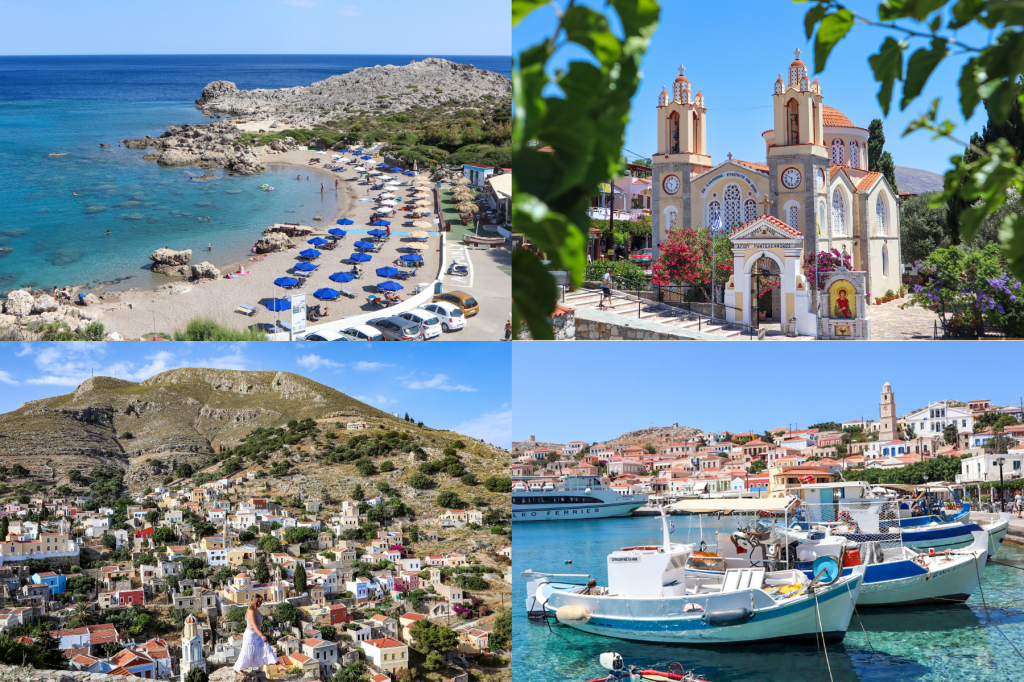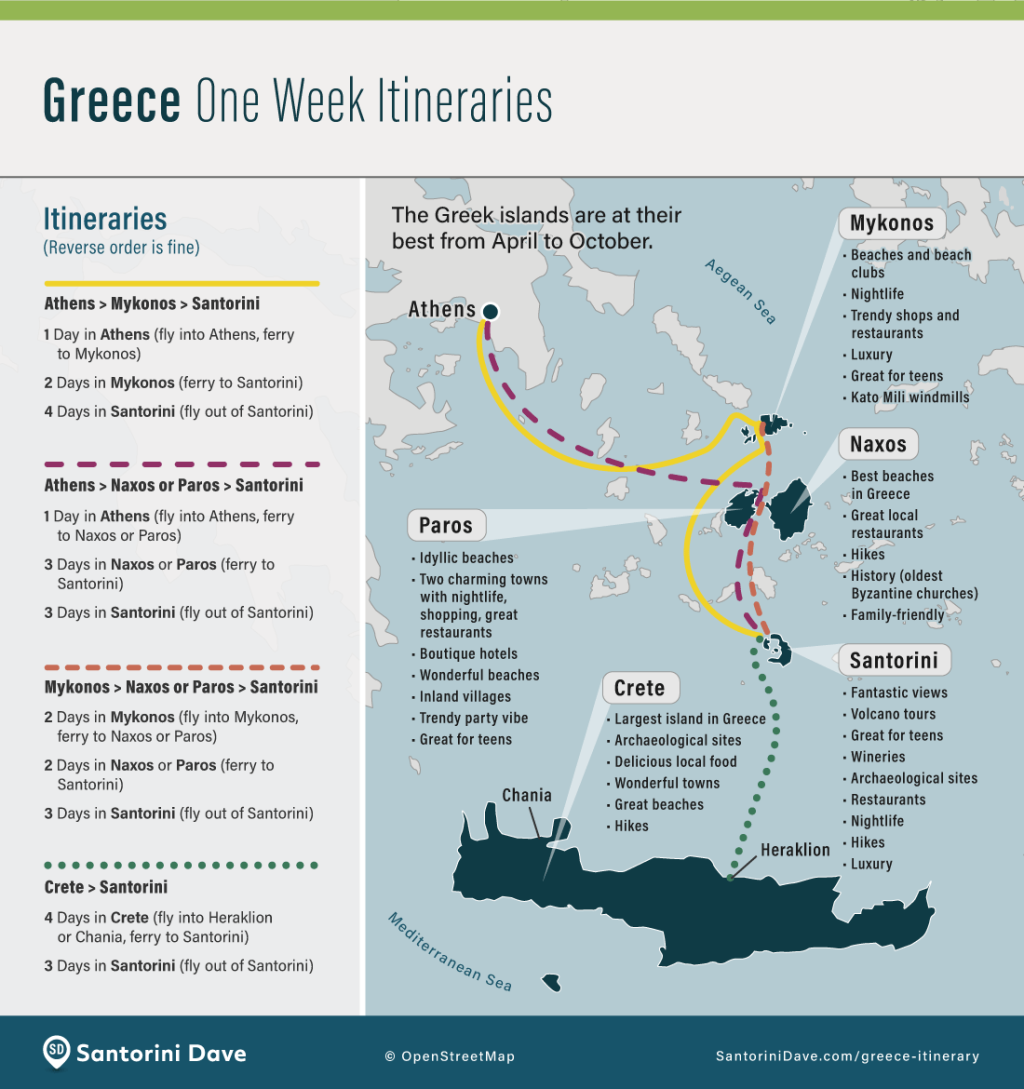Travel Planning for Greece
Introduction
Dear Readers,
Welcome to our comprehensive guide on travel planning for Greece! If you’re thinking of visiting this beautiful Mediterranean country, you’ve come to the right place. Greece is known for its stunning islands, ancient ruins, delicious cuisine, and warm hospitality. In this article, we will provide you with all the essential information you need to plan your trip to Greece and make the most of your travel experience.
Let’s dive into the details and start exploring the wonders of Greece!
Table of Contents
1. Introduction
5. Where to Go in Greece
9. Pros and Cons of Travel Planning for Greece

Image Source: nothingfamiliar.com
2. What to Know About Greece
6. FAQ about Travel Planning for Greece
10. Conclusion
3. Who Should Visit Greece
7. Advantages of Travel Planning for Greece
11. Final Remarks
4. When to Visit Greece
8. Disadvantages of Travel Planning for Greece
What to Know About Greece

Image Source: danaberez.com
Greece is a country located in southeastern Europe, known for its rich history, iconic architecture, and vibrant culture. The country is famous for its ancient ruins, including the Acropolis and the Temple of Zeus. Greek cuisine, with its flavorful dishes like moussaka and souvlaki, is loved by food enthusiasts around the world.
Greece’s landscape is incredibly diverse, ranging from sandy beaches and crystal-clear waters to mountainous regions and lush valleys. The Greek islands, such as Santorini, Mykonos, and Crete, attract millions of tourists each year with their stunning beauty.
Before planning your trip to Greece, it’s important to familiarize yourself with the local customs and etiquette. Greeks are known for their warm hospitality and friendliness, so it’s always appreciated to learn a few basic Greek phrases to greet the locals.
Who Should Visit Greece

Image Source: santorinidave.com
Greece offers something for everyone, making it an ideal destination for all types of travelers. History buffs will be captivated by the ancient ruins and archeological sites, while beach lovers can relax on the picturesque Greek islands. Nature enthusiasts can explore the stunning landscapes and hiking trails, and foodies can indulge in the delicious Greek cuisine.
Whether you’re a solo traveler, a couple on a romantic getaway, or a family seeking adventure, Greece has it all. The country’s diverse attractions cater to different interests and ensure an unforgettable experience for every visitor.
When to Visit Greece
Greece enjoys a Mediterranean climate, with hot and dry summers and mild winters. The peak tourist season is from June to August when the weather is warmest and the islands are bustling with visitors. However, if you prefer a quieter and more affordable trip, consider visiting in the shoulder seasons of spring (April to June) or autumn (September to October).
During these months, the weather is still pleasant, and you’ll have a better chance of exploring popular attractions without the crowds. It’s important to note that some businesses on the islands may close during the offseason, so it’s best to check beforehand.
Where to Go in Greece
Greece offers a plethora of destinations to explore, each with its own unique charm. Here are some of the must-visit places:
Athens: The capital city of Greece, home to iconic landmarks such as the Acropolis and the Parthenon.
Santorini: Known for its stunning sunsets, blue-domed churches, and breathtaking views of the Aegean Sea.
Mykonos: Famous for its vibrant nightlife, beautiful beaches, and charming white-washed buildings.
Crete: The largest Greek island, offering a perfect blend of history, culture, and natural beauty.
Rhodes: A medieval city with ancient ruins, a picturesque old town, and pristine beaches.
These are just a few examples, and there are many more hidden gems to discover throughout Greece. Whether you’re seeking history, relaxation, adventure, or a combination of all, Greece has it all.
Why Visit Greece
Greece’s allure lies in its fascinating history, stunning landscapes, and vibrant culture. The country is steeped in mythology and offers a glimpse into the ancient world through its archaeological sites and museums.
The Greek islands are renowned for their natural beauty, with azure waters, golden beaches, and charming villages. The relaxed pace of life, delicious Mediterranean cuisine, and friendly locals add to the appeal.
Furthermore, Greece offers excellent value for money, making it an affordable destination for travelers. From budget accommodations to delicious street food, you can experience Greece without breaking the bank.
How to Plan Your Trip to Greece
Planning a trip to Greece requires careful consideration to ensure a smooth and enjoyable vacation. Here are some steps to help you plan your itinerary:
Decide on the duration of your trip and the time of year you want to visit.
Research and choose the destinations you want to visit, keeping in mind your interests and preferences.
Book your flights to Greece in advance to get the best deals.
Research and book accommodations that suit your budget and preferences.
Create a rough itinerary, keeping in mind the time required for traveling between destinations.
Look into local transportation options, such as ferries, buses, or rental cars, depending on your chosen destinations.
Check if you require any visas or travel permits for your trip.
Pack appropriate clothing and essentials for your trip, taking into account the weather and activities you plan to engage in.
Learn a few basic Greek phrases to communicate with the locals and enhance your travel experience.
Ensure you have travel insurance to cover any unforeseen circumstances.
Advantages of Travel Planning for Greece
1. Rich History and Culture: Greece is a treasure trove of history and culture, offering countless opportunities for exploration and learning.
2. Beautiful Landscapes: From the sandy beaches to the mountainous regions, Greece’s landscapes are diverse and breathtaking.
3. Delicious Cuisine: Greek cuisine is renowned worldwide for its flavorful dishes and fresh ingredients.
4. Affordable Travel: Greece offers excellent value for money, making it an affordable destination for travelers.
5. Warm Hospitality: Greeks are known for their warm hospitality and friendly nature, ensuring a welcoming experience for visitors.
Disadvantages of Travel Planning for Greece
1. Crowded Tourist Areas: Popular destinations in Greece can get crowded, especially during the peak tourist season.
2. Language Barrier: While many Greeks speak English, communication may be challenging in rural areas or with older generations.
3. Unpredictable Weather: Greece’s weather can be unpredictable, especially during the transition seasons, so it’s essential to pack accordingly.
4. Transportation Challenges: Traveling between islands or remote areas may require careful planning and coordination.
5. Limited Accessibility: Some historical sites or rustic accommodations in Greece may not be fully accessible to individuals with mobility challenges.
FAQ about Travel Planning for Greece
Q1: Is Greece a safe country to visit?
A1: Greece is generally a safe country for travelers. However, it’s always advisable to take normal precautions and be aware of your surroundings.
Q2: Can I use my credit card in Greece?
A2: Credit cards are widely accepted in most establishments in Greece. However, it’s advisable to carry some cash for smaller establishments or remote areas.
Q3: Do I need a visa to visit Greece?
A3: Citizens of the European Union, the United States, Canada, Australia, and many other countries do not need a visa to enter Greece for tourism purposes. However, it’s always best to check the visa requirements based on your country of residence.
Q4: What is the currency used in Greece?
A4: The currency used in Greece is the Euro (€).
Q5: Can I drink tap water in Greece?
A5: Tap water in Greece is generally safe to drink, but many people prefer to drink bottled water for convenience.
Conclusion
In conclusion, planning a trip to Greece offers a world of exploration, adventure, and relaxation. Whether you’re captivated by the ancient history, drawn to the beautiful landscapes, or enticed by the delicious cuisine, Greece has something for everyone.
By following the steps outlined in this guide, you can plan your dream trip to Greece and create memories that will last a lifetime. Embrace the warm hospitality, immerse yourself in the rich culture, and savor the wonders of Greece.
Final Remarks
Friends, we hope this article has provided you with valuable insights into travel planning for Greece. Remember to check the latest travel advisories and guidelines before your trip, as situations may change.
Explore Greece with an open heart and an adventurous spirit. Let the beauty of this captivating country leave an indelible mark on your soul. Safe travels!